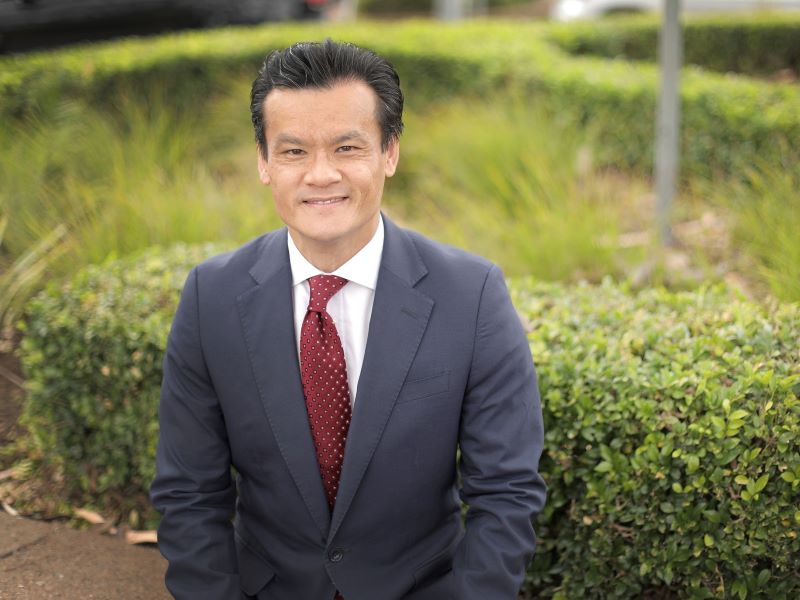A New South Wales Labor government would overhaul state procurement to give more consideration of the domestic supply chains and flow on benefits local suppliers create, while also introducing more transparency and small business support through a new independent oversight body.
The election commitments come after the current government missed targets for increasing the use of small suppliers from the technology sector and developed an over-reliance on a handful of consulting firms.
Labor is pledging to increase tender weightings to 30 per cent for local content, jobs creation and ethical supply, and is pledging to redefine the longstanding ‘value for money’ consideration to capture retained economic benefits.
Overseeing the new approach would be a new Jobs First Commission, which would also provide support for businesses to bid for Government tenders.

Shadow Finance minister Anoulack Chanthivong said the changes would mean more “equitable” treatment of local tenderers compared to overseas suppliers.
“Because we need to capture the positive flow on effects of domestic procurement compared with overseas procurement,” he said.
Mr Chanthivong, who is set to gain control of the Finance portfolio, if Labor wins this month’s election, insists high quality, high value products and the domestic market are not mutually exclusive.
“We can have both,” he told InnovationAus.com
“I think that’s part of what [updating] the value for money framework is actually about; ensure we encapsulate all the positive flow on effects that assist the local supply chain. Whereas in an overseas supply chain we may not get as much economic benefit when compared to domestic suppliers.”
He flagged downstream considerations too, like a local supplier being able to use revenue from a government contract to reinvest in research and development or expand operations.
“That’s another benefit we need to capture in the procurement process. Because they are real benefits,” he said.
“That flow on effect, that positive benefit to the wider economy needs to be captured so that it’s accurate and it’s actually fair for both domestic and international buyers.”
Such a change would have ramifications for almost every part of the state’s public sector and potentially disrupt long standing relationships with established international suppliers.
Currently it is more difficult for smaller enterprises to navigate the state’s procurement processes, leading to smaller firms being “scared off”, Mr Chanthivong said.
NSW Labor is promising to streamline the process and establish the state’s inaugural Jobs First Commission. The commission would both support tenders and provide oversight of government procurement.
“It will be independent, it’ll be an expert body, and it will keep everybody accountable — both government and industry accountable to ensure that we are meeting the targets that set,” Mr Chanthivong said.
“And if we’re not meeting them, then [the Commission is] suggesting some of the changes that need to be made.
“I think transparency and accountability in the in the procurement and tendering process [helps] in making sure that we’re actually then flowing on into producing the jobs for economy.”
The changes are a potential boon for the local technology sector. Despite a government push, the state is yet to hit its target of spending 30 per cent of its annual technology procurement budget with local small to medium-sized enterprise.
It could also help broaden a $1 billion state government consultancy market that now sees just four international firms take a quarter of the spend, often through poor procurement practices.
Mr Chanthivong said a Labor government expects change and will demand the best results from public investments.
“The public sector should lead by example,” he said.
“Because this is about ensuring that our future economy is resilient, has national sovereignty and capability, and owns the intellectual properties and the innovation and the research that comes along with using the powers of the public purse.
“[It must be] the public purse for the public good.”
The changes won’t preclude international companies, with Mr Chanthivong distancing the procurement overhaul from fears of “protectionism”, but global firms will need to demonstrate local investment and contributions to skills and innovation.
“This is not anti international business. This is actually pro national resilience, skills and training and innovation opportunities and building a more resilient economy for the future.”
Do you know more? Contact James Riley via Email.

